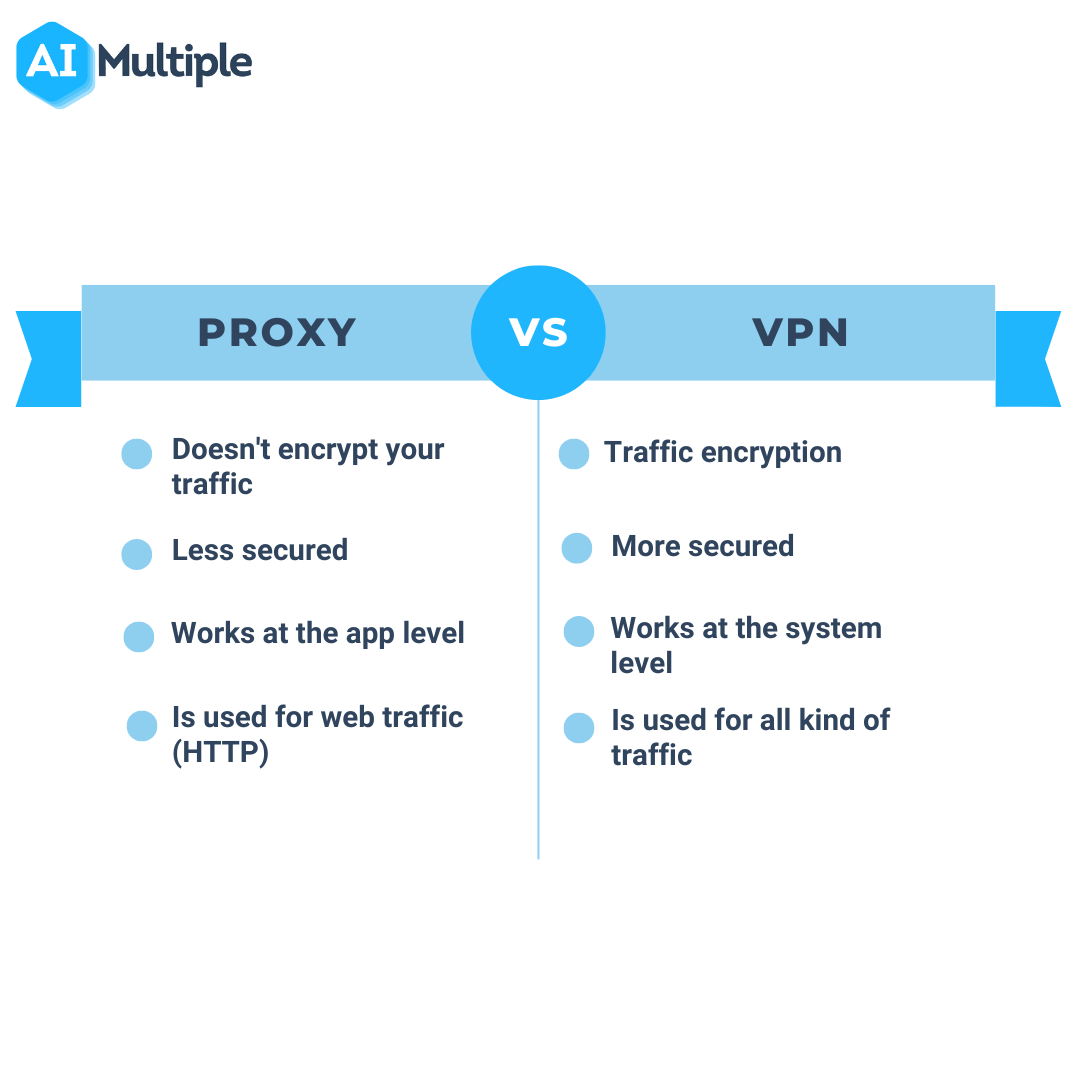In an age where digital footprints are readily traced and online privacy is becoming increasingly hard to find, many users are turning to proxy servers as a means of preserving anonymity. These intermediary servers act as a bridge between you and the internet, helping to hide your IP address and enhance your online privacy. Understanding what a proxy server is and how it works is essential for anyone seeking to navigate the web with a level of protection.
While there are various tools available for enhancing online security, proxy servers offer distinct advantages that can complement other solutions like VPNs. As we delve into the art of staying anonymous online, we will examine the varied benefits of using proxy servers—from safeguarding your identity and avoiding IP bans to improving your online gaming experience. Whether you are a company looking to secure your network or an individual aiming to overcome geo-restrictions and access media, this guide will provide you with the knowledge to make educated choices about employing proxy servers successfully.
Grasping The Role of Proxy Servers
Proxies act as go-betweens between a user's device and the internet. When a user sends a demand for data online, the query first is directed to the proxy server. The server then transmits this request to the targeted web server, retrieves the data, and sends it back to the user's device. This process successfully masks the user's original IP address, providing a layer of anonymity and rendering it harder for websites to monitor user activity.
One of the primary functions of a proxy is to improve online privacy and security. By concealing the user's IP address, proxy servers help protect personal information from potential hackers and snoopers. Additionally, certain types of proxies can screen content, block unwanted ads, and enhance the browsing experience by caching frequently visited web pages, which can lead to faster loading times.
Different types of proxies, such as HyperText Transfer Protocol, SOCKS, and transparent proxies, fulfill various uses. HTTP proxies are often utilized for web browsing, while SOCKS proxies can handle various types of traffic, including peer-to-peer connections. Transparent servers do not alter requests or responses, rendering them suitable for organizations that want to monitor employee internet usage without disrupting the browsing experience. Grasping these functionalities is important for users seeking to enhance their online privacy and security.
Proxy Servers: A Comparative Analysis
When comparing proxy servers and VPNs, it is important to grasp their main roles and how they distinguish themselves in safeguarding online security. A VPN acts as an agent between a user's device and the internet, routing queries and returning responses while hiding the user’s identity. However, it does not encrypt data transmissions, meaning data can still be intercepted during transfer. In contrast, a proxy server establishes a protected and encrypted tunnel between the device and the server, providing a higher level of privacy and protection against eavesdropping.
The choice between opting for a VPN and a VPN often depends on the requirements of the user. If the primary goal is to bypass geographic restrictions or improve browsing speed without worry for security, a proxy server may be sufficient. Conversely, for https://omeka.net or businesses focusing on security, especially while dealing with sensitive information or using public Wi-Fi, a proxy server is the more suitable option. The added security offered by a VPN protects minimal information from potential threats, making it a superior option for protecting personal data.
While both VPNs and proxy servers can enhance online anonymity, they serve distinct roles in the realm of online security and security. Users looking for flexible protection, especially in risky scenarios, should consider a proxy server. On the other hand, those who merely want to access restricted content without intense anonymity requirements might find VPNs adequate. Ultimately, grasping the differences and functionalities of these tools is crucial for making an informed decision about online anonymity.
Benefits and Risks of Using Proxy Servers
Utilizing proxy servers delivers countless benefits, particularly for improving internet privacy and security. By functioning as intermediaries between customers and the web, proxy servers conceal the user's IP address, making it challenging for websites and malicious actors to monitor their online activities. This added layer of anonymity not just protects personal information but additionally helps in circumventing geographical restrictions on content. Additionally, proxies can block malicious content and enhance browsing speed by caching popular sites.

However, there are risks involved with proxy servers, especially when utilizing free services. Many free proxies may not have adequate security protocols in place, possibly exposing users to security vulnerabilities or surveillance by third parties. Furthermore, these servers can be unreliable, resulting in erratic access and slower internet speeds. It's vital to select reputable providers to reduce these dangers and ensure optimal performance.
Lastly, while proxy servers can be useful for reaching geo-restricted content, they come with possible repercussions. Some streaming services proactively detect and restrict proxy connections, which can result in service interruptions. Additionally, relying solely on proxies for security may create a false sense of security; users should complement proxy use with other safety practices, such as robust passwords and current antivirus software, for comprehensive cybersecurity.
